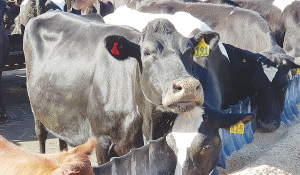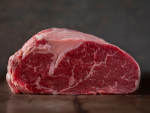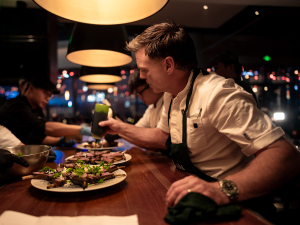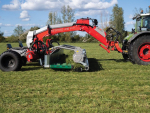Probiotics can be used to help with mastitis and lameness issues facing flood-ravaged farms, claims Chris Collier, Probiotics Revolution.
He says floods and power disruptions resulting from Cyclone Gabrielle has caused considerable problems to cows with lameness, mastitis and high somatic cell counts.
For most affected farmers it was too early to dry off cows and Probiotic Revolution has received enquiries as to whether probiotics can help, he says.
“We have seen excellent results with our products in treating lame cows and clinical cases of mastitis,” says Collier.
Farmers John and Donna McCarty at Kaponga are in their fourth season of not using antibiotics in their herd for mastitis control and prevention.
In the first two years on this program, from a 350-cow herd they treated 25 cows a year with a potent probiotic for five days – with one or two taking an extra day or two to come right.
Collier says in both years, 24 out of 25 cows were cured.
“It works by boosting a cow’s immune system to fight an infection. With a high somatic cell count it seems we need to treat them for a longer period of time so we use a different product, Rumicell, that is designed to help nutrition and feed conversion as well as boosting immunity,” he says.
“When we are dealing with lameness there are multiple possible causes, but Rumicell is again the product we recommend because it will greatly reduce acidosis which is highly correlated to footrot.”
Collier points out that research with probiotics is focused on mastitis prevention – not treatment, so Probiotic Revolution also focuses on prevention and the setting up of cows for both pre and post calving to avoid issues in the next season.
“However blood samples taken from this research show the products they are using reduce inflammation, stress and weight loss after calving and support what we are seeing when dealing with current problems,” he says.











